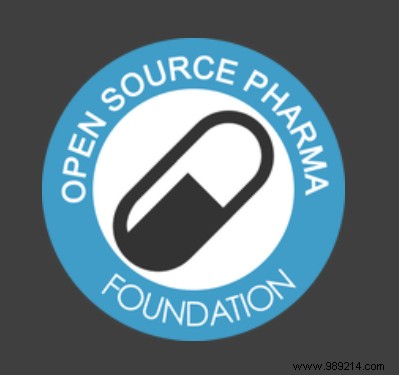Establishing an efficient open source sharing system for drug creation is an attractive idea. At least it is ethically so. On the other hand, this idea is less attractive from an economic point of view, mainly for laboratories.
Sharing data to accelerate the development of treatments for different diseases. Obviously, everyone dreams of it, except the laboratories. Indeed, they keep control of the research of their teams and control the production of drugs as well as their marketing. Even the expiration of patents does not necessarily mean that the results appear in the public domain. In other words, the establishment of an open source sharing system for the creation of drugs seems to be a utopia.
Interviewed by Fast Company in an article of April 30, 2020, David Mitchell is the creator of the association Patients for Affordable Drugs. She fights for the pricing system for prescription drugs in the United States to be fairer to patients. However, the interested party believes that the current system is a money-making machine while the latter should above all serve the citizens.
Jaykumar Menon is a human rights lawyer, founder of the Open Source Pharma Foundation (OSPF). Its purpose is to allow various scientists free access to technological tools for the study of diseases. Additionally, researchers can share their data and launch projects of research. Such a platform could therefore make it possible to speed up the drug development process, on the fringes of the usual economic logic.

If OSPF is often compared to GitHub – platform Participatory software development – this parallels limits. Indeed, a drug cannot be assembled like software and must absolutely be validated by many peers . In fact, this platform will not be able to carry out its projects without the support of a good number of researchers.
However, since 2018, the platform has had a rather promising victory regarding Metformin, a generic drug for diabetes. This is in an advanced phase (2B) of clinical research for the treatment of tuberculosis. In addition, the funds used for this development are only $50,000 against more than 2.5 billion dollars usually. This victory gives hope that one day open source will take more and more place in biomedical research and can help to better prepare for the next pandemics.